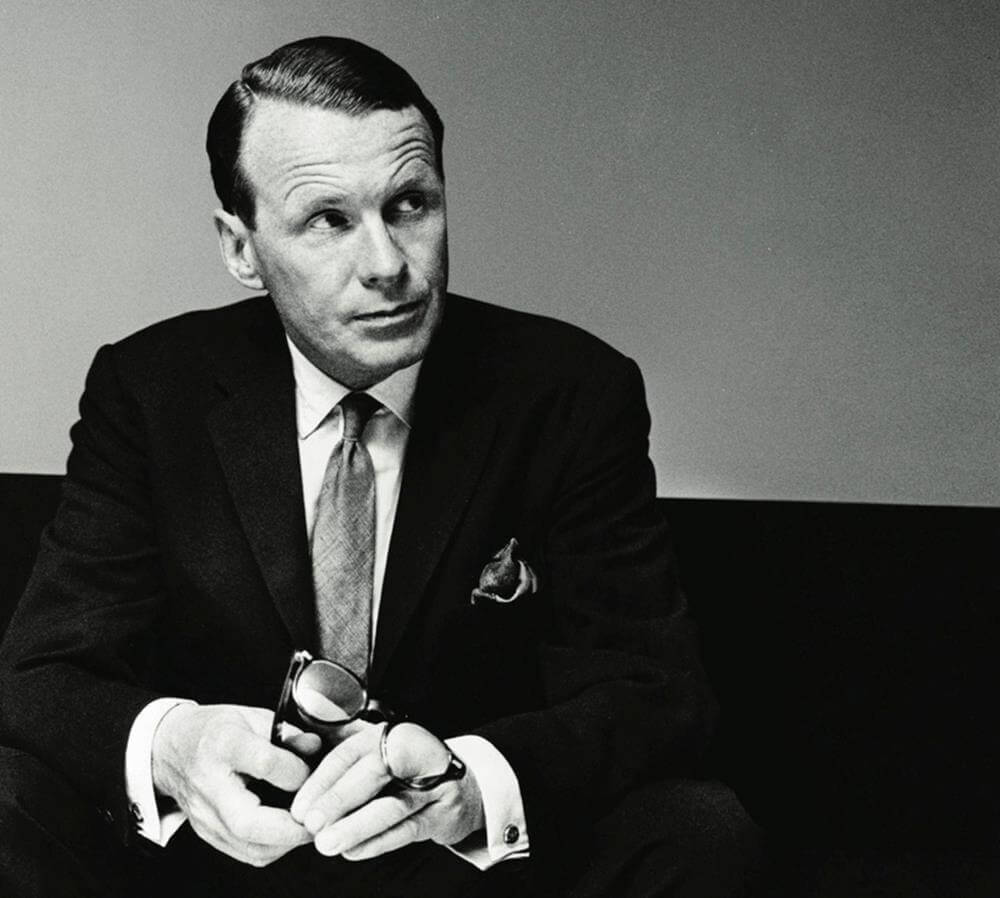
David Ogilvy (1911-1999), who is often hailed as the “Father of Advertising”, was a US marketing tycoon, and a co-founder of Ogilvy & Mather, one of the largest marketing companies in the world.
Ogilvy was best known for advocating two important concepts in marketing. The first concept was that marketing decisions should be driven by research into consumer habits, and the second concept was that consumers should be treated as intelligent, and should be persuaded to purchase products accordingly, using soft-sell techniques.
Below is a collection of quotes from Ogilvy, which contain a variety of tips on writing and creativity. While these tips were originally aimed at people working in the advertising industry, they are valuable to anyone who writes content for one reason or another.
Tips on writing
“Write the way you talk. Naturally.”
“Never use jargon words like reconceptualize, demassification, attitudinally, judgmentally. They are the hallmarks of a pretentious ass.”
“Do not address your readers as though they were gathered together in a stadium. When people read your copy, they are alone. Pretend you are writing to each of them a letter on behalf of your client.”
“Use short words, short sentences, and short paragraphs.”
“The less an advertisement looks like an advertisement and the more it looks like an editorial, the more readers stop, look, and read.”
“I don’t know the rules of grammar… If you’re trying to persuade people to do something, or buy something, it seems to me that you should use their language, the language they use every day, the language in which they think. We try to write in the vernacular.”
“Before you send your letter or your memo, make sure it is crystal clear what you want the recipient to do.”
“Good writing is not a natural gift. You have to learn to write well.”
Tips on headlines
“On average, five times as many people read the headline as read the body copy. Never use tricky or irrelevant headlines… People read too fast to figure out what you are trying to say.”
“In the average newspaper your headline has to compete with 350 others. Readers travel fast through this jungle. Your headline should telegraph what you want to say.”
“The headlines which work best are those which promise the reader a benefit.”
Tips on editing
“Never send a letter or a memo on the day you write it. Read it aloud the next morning — and then edit it.”
“If it is something important, get a colleague to improve it.”
“Check your quotations.”
Tips on creativity
“Big ideas come from the unconscious. This is true in art, in science, and in advertising. But your unconscious has to be well informed, or your idea will be irrelevant. Stuff your conscious mind with information, then unhook your rational thought process. You can help this process by going for a long walk, or taking a hot bath, or drinking half a pint of claret. Suddenly, if the telephone line from your unconscious is open, a big idea wells up within you.”
“In the modern world of business, it is useless to be a creative, original thinker unless you can also sell what you create.”
“The creative process requires more than reason. Most original thinking isn’t even verbal. It requires a groping experimentation with ideas, governed by intuitive hunches and inspired by the unconscious. The majority of business men are incapable of original thinking because they are unable to escape from the tyranny of reason. Their imaginations are blocked.”
“Concentrate your time, your brains, and your money on your successes. Back your winners, and abandon your losers.”
“Where people aren’t having any fun, they seldom produce good work.”
“When you reach for the stars, you may not quite get one, but you won’t come up with a handful of mud either.”
Summary and conclusions
- David Ogilvy was one of the most notable figures in the marketing world, and is often hailed as the “Father of Advertising”.
- The tips that he offers, though originally intended for those in the marketing industry, are valuable for anyone who writes content or who needs to be creative in their work.
- His general advice on writing focuses on writing as naturally as possible, in a manner that is accessible to your readers.
- His advice on headlines emphasizes the competition that your headline faces, and the consequent importance of write clear headlines, that offer a benefit to potential readers.
- His advice on creativity discusses how to let your subconscious lead the process, and highlights the importance of knowing how to channel your creativity in a productive way.
If you enjoyed these insights, you can take a look at two of Ogilvy’s best-known books: Ogilvy on Advertising and Confessions of an Advertising Man.